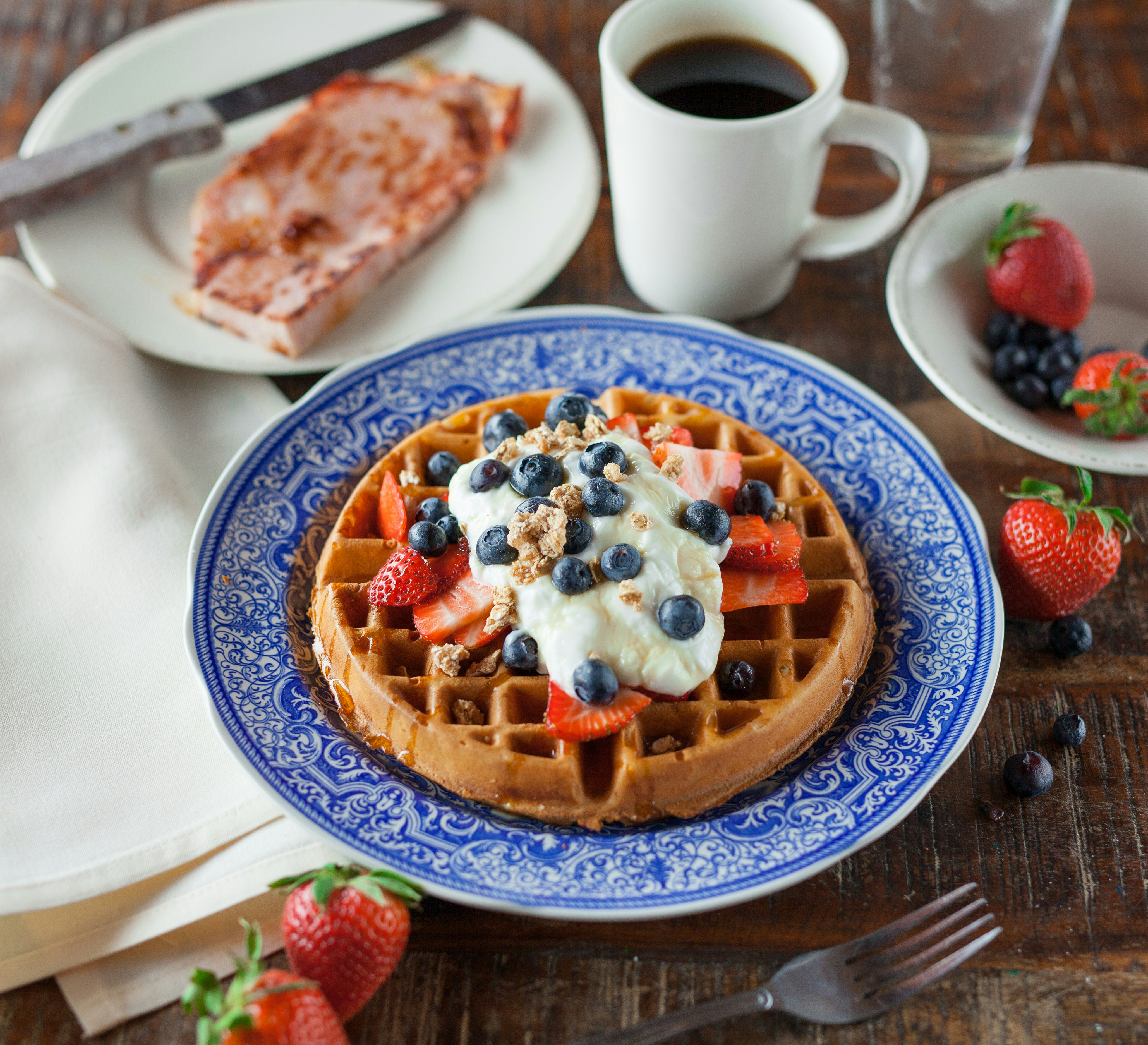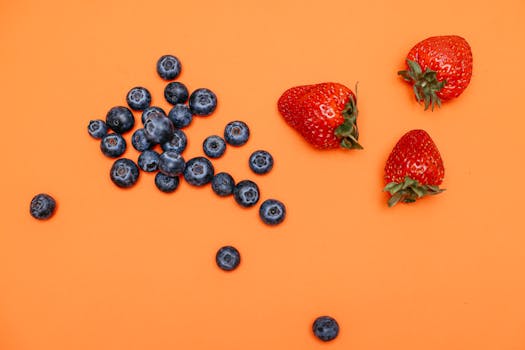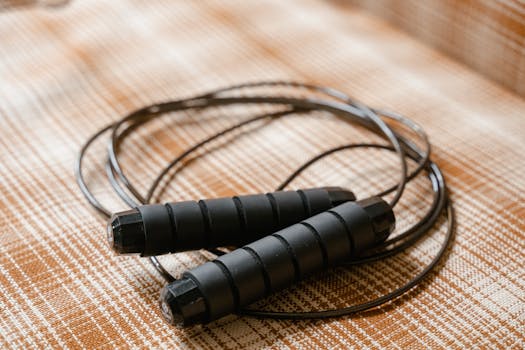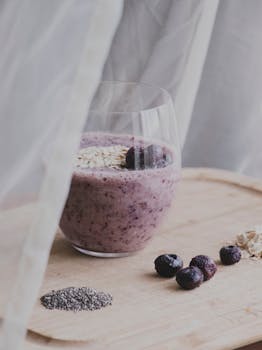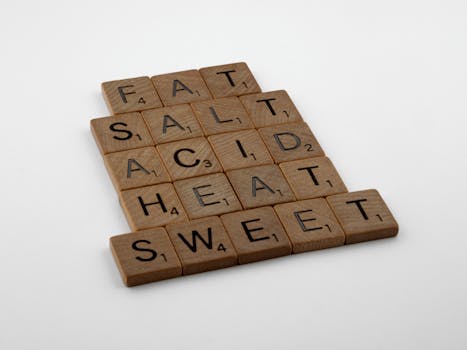Avoid These Foods to Reduce Menopause Belly Fat
Nov 21, 2024
Menopause can bring about a myriad of changes in a woman's body, including weight gain, particularly around the belly area. This phenomenon, often referred to as menopause belly fat, can be frustrating and challenging to manage. While various factors contribute to this unwanted weight gain, being mindful of your diet can make a significant difference. In this article, we will explore the specific foods to avoid for menopause belly fat, providing you with insights and actionable tips to help you navigate this transition with confidence.
Understanding Menopause and Belly Fat
What Causes Belly Fat During Menopause?
As women enter menopause, hormonal changes play a significant role in body composition. The decline in estrogen levels can lead to increased fat storage, particularly in the abdominal area. Additionally, factors such as aging metabolism, lifestyle changes, and stress can contribute to weight gain during this time.
The Importance of Diet
Diet plays a crucial role in managing menopause symptoms and maintaining a healthy weight. By avoiding certain foods that can exacerbate belly fat, you can take proactive steps towards a healthier lifestyle. Let's delve into the specific foods that should be on your radar.
Foods to Avoid for Menopause Belly Fat
1. Sugary Foods and Beverages
High sugar intake can lead to insulin resistance, which is linked to increased fat storage in the abdominal area. Foods like candies, pastries, and sugary drinks can spike blood sugar levels, leading to cravings and overeating.
Alternatives to Consider: Instead of sugary snacks, opt for fruits like berries or apples, which provide natural sweetness along with fiber and nutrients. For beverages, consider herbal teas or infused water instead of soda or sweetened drinks.
2. Refined Carbohydrates
Refined carbohydrates, such as white bread, pasta, and pastries, can cause rapid spikes in blood sugar and insulin levels. This can lead to increased fat storage, particularly around the belly.
Healthier Choices: Choose whole grains like quinoa, brown rice, and whole wheat bread. These options are more filling and provide essential nutrients that can help stabilize blood sugar levels.
3. Processed Foods
Processed foods often contain unhealthy fats, sugars, and preservatives that can contribute to weight gain and inflammation. Items like frozen dinners, chips, and packaged snacks should be limited.
Better Alternatives: Focus on whole, unprocessed foods such as fresh vegetables, fruits, lean proteins, and healthy fats. Preparing meals at home can also help you control ingredients and portion sizes.
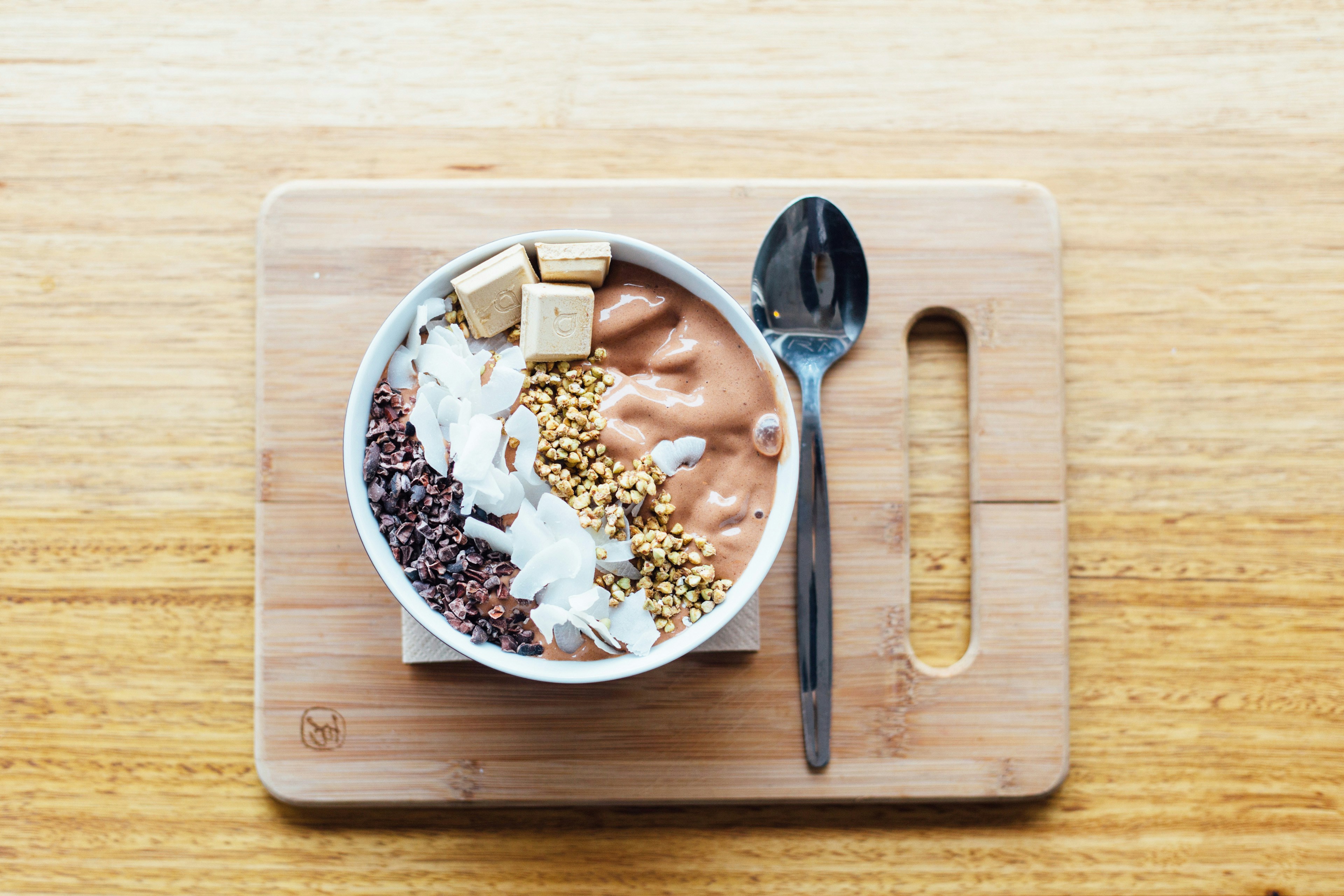
4. Alcohol
Alcohol can be high in calories and may lead to increased appetite and poor food choices. Additionally, it can disrupt sleep patterns, which is crucial for weight management.
Moderation is Key: If you choose to drink, do so in moderation. Consider lighter options like wine or spirits mixed with soda water, and always stay hydrated with water in between drinks.
5. High-Sodium Foods
High-sodium foods can lead to water retention and bloating, making you feel heavier and more uncomfortable. Processed meats, canned soups, and salty snacks are common culprits.
Healthier Options: Opt for fresh herbs and spices to flavor your meals instead of salt. This can enhance the taste of your food without the added sodium.
6. Trans Fats
Trans fats, often found in fried foods and baked goods, can increase bad cholesterol levels and promote inflammation, contributing to weight gain.
Choose Healthy Fats: Incorporate healthy fats into your diet, such as avocados, nuts, and olive oil, which can support heart health and help manage weight.
7. Dairy Products
Some women may experience lactose intolerance during menopause, leading to bloating and discomfort. Full-fat dairy can also be high in calories.
Alternatives to Dairy: Consider plant-based alternatives like almond milk or coconut yogurt, which can be lower in calories and easier to digest.
8. Caffeine
Excessive caffeine can disrupt sleep and increase anxiety, both of which can contribute to weight gain. It can also lead to increased cravings for sugary snacks.
Moderation and Alternatives: Limit your caffeine intake and consider herbal teas or decaffeinated options to help manage symptoms.
Additional Tips for Managing Menopause Belly Fat
1. Stay Hydrated
Drinking plenty of water can help reduce bloating and support metabolism. Aim for at least 8-10 glasses of water daily.
2. Incorporate Regular Exercise
Regular physical activity can help manage weight and improve overall health. Focus on a mix of cardio, strength training, and flexibility exercises.

3. Prioritize Sleep
Quality sleep is essential for hormonal balance and weight management. Aim for 7-9 hours of sleep each night.
4. Manage Stress
Stress can lead to hormonal imbalances and weight gain. Incorporate stress-reducing activities such as yoga, meditation, or deep breathing exercises into your routine.
Conclusion
Navigating menopause can be challenging, but being mindful of your diet can make a significant difference in managing belly fat. By avoiding sugary foods, refined carbohydrates, processed items, and other unhealthy choices, you can take control of your health during this transition.
At Tidalflow, we understand the unique challenges women face during menopause, and our AI-powered personal training solutions can help you create a tailored fitness and nutrition plan that suits your needs. Explore our resources on menopause weight loss strategies and how to lose weight during menopause to start your journey towards a healthier you today!
Disclaimer: This article is for informational purposes only and does not substitute professional medical advice. Consult a healthcare provider for personalized recommendations.
You should not have to do it all on your own



